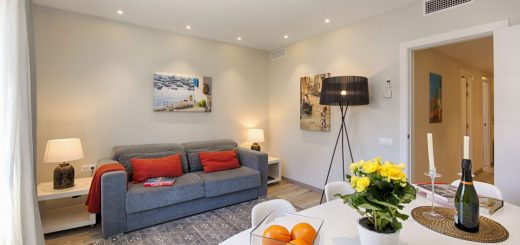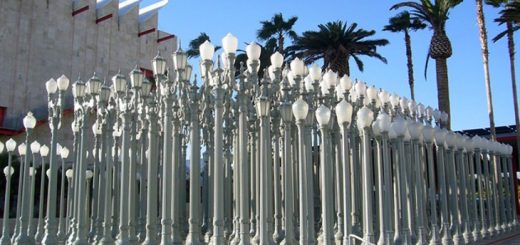The tourist sector of Barcelona and the biggest test of fire in its recent history
The tourist sector of Barcelona has experienced during the last 12 months the biggest test of fire in its recent history. In addition to the terrorist attack of 17-A, the city has suffered during the last year the political instability derived from the 1-O, outbreaks of turismophobia, the collapse of El Prat Airport during the summer of 2017 – which has had a minor replication this year-, the taxi strike that blocked the city center and the rebound of other tourist destinations in North Africa, which for more than five years had lent visitors to their competitors in southern Europe due to their own instability.
The official figures show that the catastrophe has been avoided, but that the sector has lost the pace of recent years. Barcelona received 3% more travelers in July 2018 than the same month of the previous year, according to the latest Hotel Tourism Situation of the INE, but overnight stays in the city were reduced by 1.2% in the same period. The most significant falls were recorded among tourism from the rest of Spain, which decreased by 6.3% in the number of travelers and 9.4% in overnight stays. By contrast, foreign travelers increased by 5.2% in July and their overnight stays have remained stable, with growth below 1%.
Accommodation downward
All in all, the tourism sector has experienced the events of the last year in its own flesh. The general director of the Barcelona Hotels Association (GHB), Manel Casals, explained to the Economist that “now we are not as we were a year ago”, and he cites as triggers the 17-A, the 1-O, the vandalism acts against the visitors and also “the speech on the part of the Administration that puts in doubt the benefits of tourism for the city”. Casals estimated that the occupancy of hotels in the Catalan capital was between July and August at 80%, five points below that registered in the same period of 2017. “The number of reservations has also been reduced and giving a lot in the last hour, “he said.
Download the latest magazine of Catalonia: https://www.bestbarcelonaapartments.com
“When a company has a reputation problem, it is normal to do promotion to recover its prestige, promotion is the key to reversing this situation and not enough is being done,” lamented Casals.
For his part, the president of the management of tourist apartments in Barcelona (Apartur), Enrique Alcántara, also coincided with this diagnosis: “We are worse than a year ago, sales are being lower this summer than the previous one and, moreover, At a lower price, we are not doing well, “said the president of the association, who estimates that the fall in turnover of tourist flats will range between 5 and 10% on average during this summer. Alcántara pointed out that the administrations have tried to reverse the loss of prestige of the image of Barcelona at the international level, but lamented that “they have not succeeded, since their measures have not yielded results and they have not managed to reinforce the image”. The representative of the owners of tourist apartments said that other phenomena such as the degradation of the downtown district of Ciutat Vella, which has suffered in recent months the proliferation of so-called narco-piles used by drug traffickers, does not help improve the tourist image from the city. Finally, Alcántara cited the problem of turismophobia, which combines attacks on visitors with the speech contrary to the current tourism model that is launched from certain political forces and from municipal institutions. “This is not the welcoming message with tourism that we would like to hear,” he concluded.
Commerce and restoration
In addition to housing, commerce and restoration have suffered the shock to tourism in the city. The president of the association that groups the establishments of the commercial tourist hubs of the city -Barcelona Oberta-, Gabriel Jené, admitted that the situation is “very crude” after the events of the last year. “There is a clear impact on the tourist shopping, which is the last link in the chain of consumer consumption,” said Jené. The businessman regretted that the attacks, political instability and strikes have had consequences in the shops, but also for the restaurateurs, who “have suffered a lot” during the last months, especially in the center of the city. The representative of the merchants pointed to another phenomenon that has contributed to the degradation of the image of Barcelona, the so-called top blanket, the illegal street vendor, and criticized the “inaction” of the City Council of Mayor Ada Colau as one of the causes of the proliferation of manteros.








